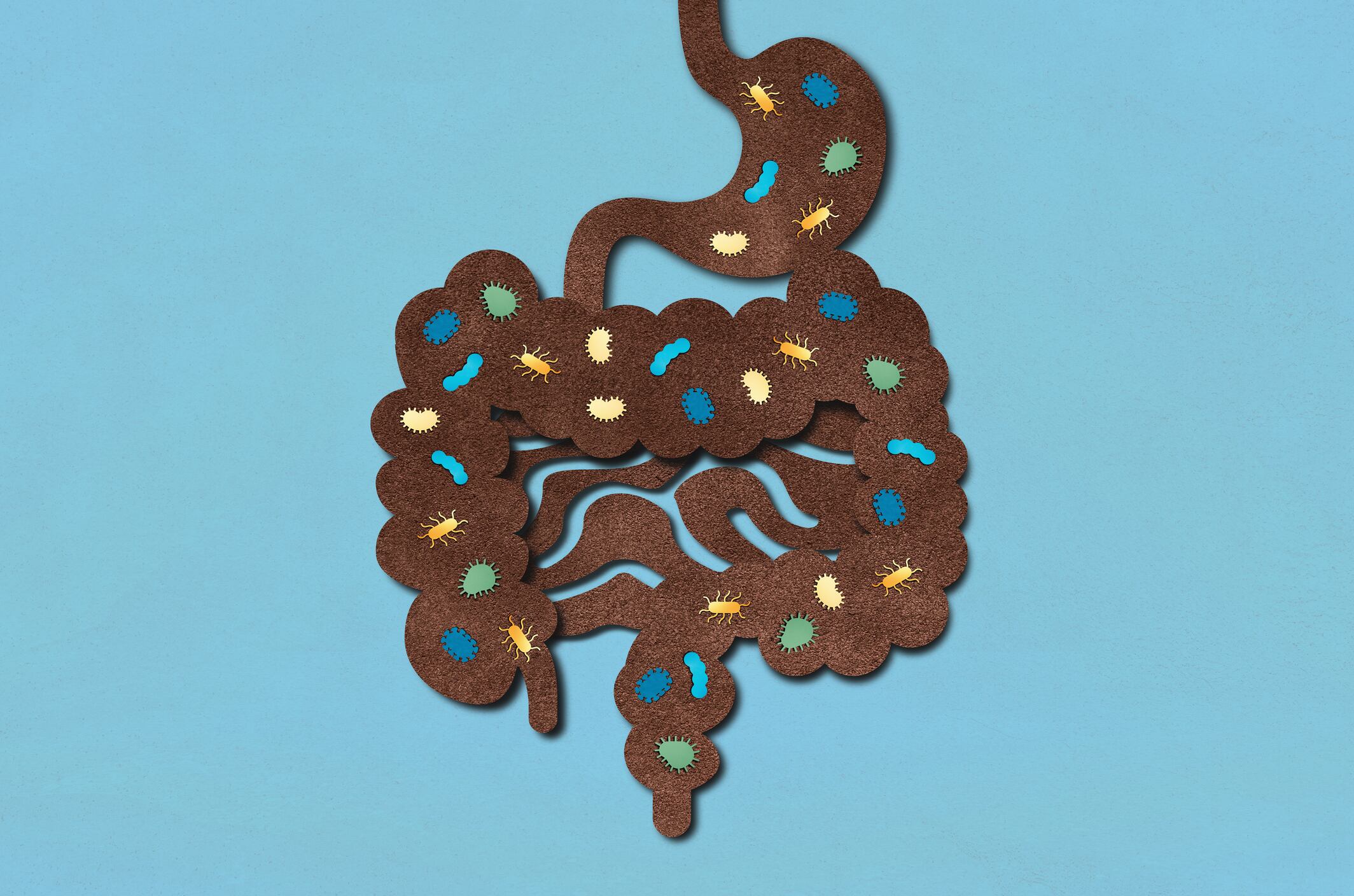The effects of Lactiplantibacillus plantarum HNU082, a strain isolated from the traditional Chinese fermented food Yucha, were most pronounced in the small intestine, where researchers observed a decrease in the number of pathogenic fungi, such as Candida albicans.
“Furthermore, a strong positive correlation between the relative abundance of bacteriophages and their host bacteria in the gut was observed,” wrote researchers from Hainan University in China in BMC Microbiology. “The relative abundance of both Clostridia class bacteria and their bacteriophages increased.”
How bacteriophages and gut fungi affect health
Bacteriophages, also known as phages, are viruses that infect and replicate within bacterial cells. They are the Earth’s most abundant natural biocontrol agents, with applications in the food industry and gastrointestinal health.
Phages play a significant role in shaping the microbiota and influencing immune responses. However, their involvement in disease remains poorly understood, indicating a need for more research to determine whether their effects are phage-specific.
Notably, many highly pathogenic bacterial toxins are encoded by bacteriophages, including those responsible for cholera, diphtheria, botulism and Shigella infections. Phages also contribute to the transfer of antimicrobial resistance genes.
The researchers noted that bacteriophages “could also function as microbial biomarkers for colorectal cancer, making them valuable indicators for early detection, risk assessment and disease monitoring.”
The gut also harbors substantial amounts of fungi, such as Candida and Saccharomyces, as well as mold species like Aspergillus. The study notes that Candida albicans is highly pathogenic and can drive mucosal dysbiosis by disrupting the mucosal microbiota.
Certain fungal species have been associated with metabolic disturbances, weight gain and chronic conditions such as Crohn’s disease.
Study details
In the study, mice were administered L. plantarum HNU082 (Lp082) or placebo. Intestinal samples were obtained from animals on days one, three and seven after ingestion.
“After Lp082 entered the gut, the diversity of fungi and bacteriophages increased,” the researchers reported, noting that the effects were more significant in the small intestine than in the large intestine.
“In the small intestine, the abundance of Candida albicans decreased, while changes in bacteriophages were mainly observed in the Clostridia class.”
The researchers suggest that the more pronounced effects in the small intestine may be due to its harsher environment, including higher pH levels. This may “intensify competition among microbiota, leading to more intense interactions between probiotics and the gut microbiota,” they wrote. In contrast, the more stable microbial community in the large intestine may be less susceptible to change.
“In summary, the more intense competition in the small intestine and the more stable gut microbiota structure in the large intestine may explain why probiotics cause greater changes in the small intestine.”
Source: BMC Microbiology 2025, 25, 69, doi: 10.1186/s12866-025-03784-0. “Effects of Lactiplantibacillus plantarum HNU082 intervention on fungi and bacteriophages in different intestinal segments of mice”. Authors: X. Liu et al.

